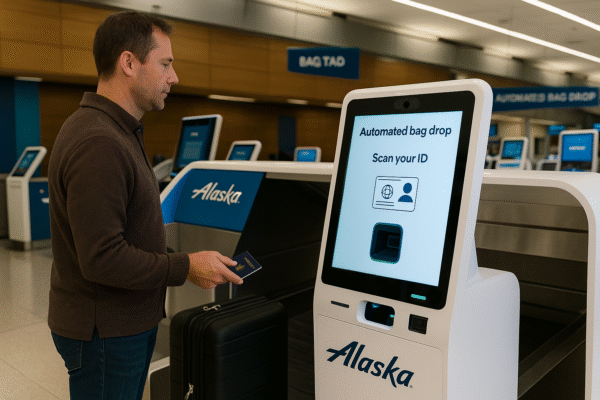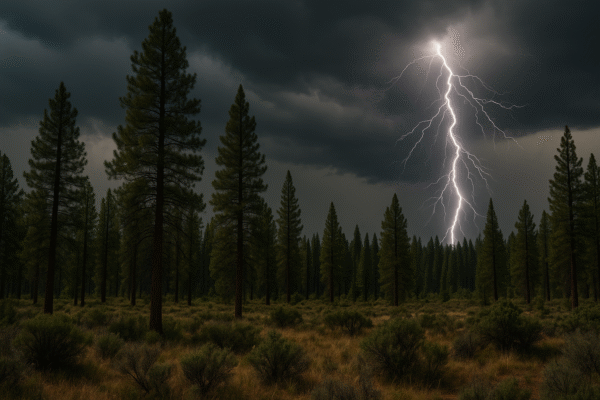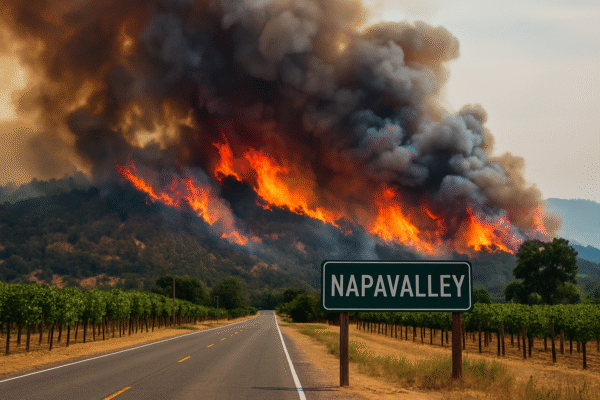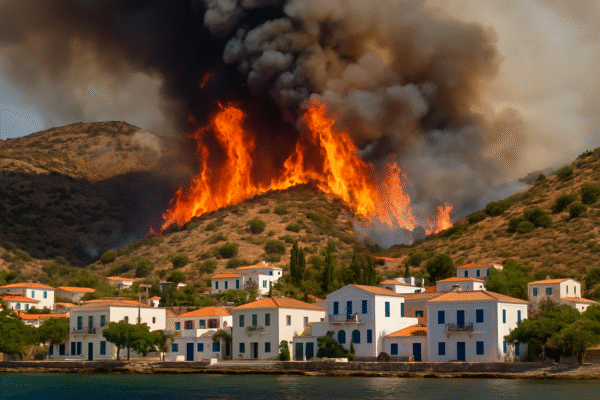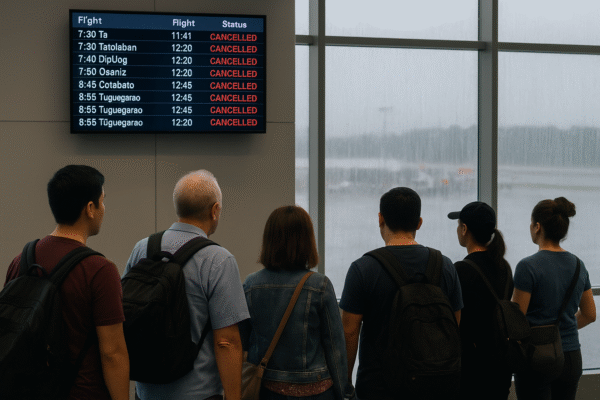Scotland, renowned for its breathtaking landscapes and historic charm, finds itself navigating an unexpected wave of infrastructure activity. In 2024, emergency road closures across Perth & Kinross surged to an unprecedented 612 days—more than quadruple compared to 2022 and signaling growing strain on local access routes.
Intersecting with daily life and visitor itineraries, these closures were largely triggered by utility companies responding to aging infrastructure amid urgent safety and repair needs. While necessary, the frequency of these unplanned interruptions has begun reshaping travel plans for residents and tourists alike.
The Rising Trend Across Scotland
Tourists visiting Perth’s iconic Tay Street or journeying through the lush glens of Tayside may notice a growing presence of roadworks signage. Beyond this region, similar patterns are emerging: Fife recorded 23 emergency notices in 2024—nearly triple the count from 2020—while Dundee and Stirling also saw comparable lifts in closure numbers.
The Scottish Road Works Commissioner is intensifying scrutiny of emergency road-work powers and exploring regulatory refinements for 2025 and 2026. Plans are in motion to clamp down on misuse of unplanned notices, with potential penalties reaching up to £100,000 for repeat offenders.
Tourism in Motion: Local Services Affected
For tourism operators and visitors relying on regional transport, the closures describe more than statistics—they transform travel. Local bus providers, such as Stagecoach, have noted that some communities are being physically cut off from vital routes. These disruptions can affect access to museums, heritage sites, Highland trails, and rural inns.
Despite goodwill efforts by operators to reroute services, the need for better communication and contingency planning is clear. Aligning road-works scheduling with tourism patterns—especially during summer peaks—could mitigate pressure on visitors and hospitality providers.
Utilities Offer Context, But Challenges Remain
From the utility companies’ viewpoint, these emergency closures are reactive—often required to avert greater infrastructure failures, such as burst water pipes or electrical faults. Scottish Water and energy firms emphasize that closures are used only when alternatives are impractical, typically scheduled off-peak to reduce public disruption.
Nevertheless, with tourism a pillar of the Scottish economy, enhanced coordination with local authorities remains essential. A balance must be struck—one that upholds safety without sidelining access to cultural and natural attractions that draw travelers from all over the world.
Stronger Oversight: SRWC’s Regulatory Action
Regulatory momentum is building: the Scottish Road Works Commissioner has begun invoking new powers under recent legislation, including on-site compliance checks and issuing formal notices. In 2023–24, several utility operators were fined—totaling £138,000—for sub-standard reinstatements found during national inspection programs.
Furthermore, traffic management failures—such as poorly controlled detours or look-and-feel distractions—have decreased by 21% in the latest monitoring period. While this shows progress, utility providers still account for the majority of remaining traffic management issues, underscoring the ongoing need for improvement.
Planning Ahead: Travel Tips for Visitors
For tourists planning visits across Perth & Kinross, here are tips to navigate around infrastructure activity:
- Check ahead: Use Traffic Scotland and local council websites for the latest updates on roadworks along the M90, A9 and scenic B-roads.
- Allow buffer time: Plan journeys with extra time, especially when heading to rural attractions like Highland trails or coastal loop roads.
- Embrace flexibility: Consider using rail or water routes where available—a scenic ferry across River Tay or train into the Highlands can enhance your travel experience.
- Stay connected: Local businesses and visitor centers often provide live updates. Signing up for alerts from utility providers or road-works trackers can offer peace of mind.
Final Thoughts
Scotland’s tourism allure remains strong—from Perth’s historic core to the serene forests and lochs of Tayside. But behind the scenes, a surge in emergency road closures highlights the delicate interplay between infrastructure upkeep and visitor accessibility.
With regulatory interventions underway and ongoing efforts to refine coordination between councils, transport operators, and utility companies, the hope is for smoother travel ahead. Visitors who stay informed and flexible can continue to enjoy the region’s magic—without getting stuck in the midst of unexpected roadworks.
For more travel news like this, keep reading Global Travel Wire


